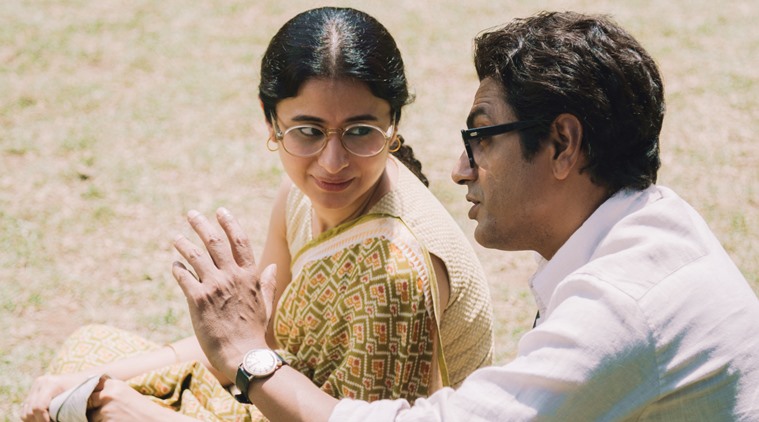Published: January 21, 2019 2:40:02 am
View from the neighbourhood: Beyond civil-military
In an article in The Express Tribune on January 15, Hussain Nadeem elaborates on other factors that account for the weakness of Pakistan’s democracy and argues that the binary actually restricts an understanding even of civil-military relations:

Hussain Nadeem, director of the South Asia Study Group at the University of Sydney, writes that “It is nearly impossible to have any academic debate on democracy in Pakistan that is not reduced to a parochial civil-military angle. Even to critique this trapping without getting labelled is now difficult given the heightened sensitivities around the subject matter.” In an article in The Express Tribune on January 15, he elaborates on other factors that account for the weakness of Pakistan’s democracy and argues that the binary actually restricts an understanding even of civil-military relations: “The idea is not to rob the civil-military issue of its significance in the democracy debate. The idea, in fact, is to examine civil-military issue beyond its binary restraints and go deeper into the subject as one of the many aspects of democratic failure in Pakistan, but not the only one.”
According to Nadeem,”the single biggest challenge facing democracy in Pakistan that is seldom raised in the debate is the dysfunctional governance system across every sector.” That the “well endowed” Election Commission of Pakistan “is unable to conduct an election every five years without gross negligence is evidence of how damaging the ineffective governance is to democracy.” He then argues that the blame for this weakness must be shared by successive civilian governments that do not “empower institutions”. “The problem is that institutional and governance reform is a twin-edged sword for the political elite given the political culture that thrives in the country,” argues Nadeem.
This political culture, he says, is “the form of a continuation of colonial patronage structure where both civil and military elite is beyond the discursive binary a single praetorian oligarchy is the second critical challenge to democracy in Pakistan.” Because the state and governance is weak, people turn to representatives for basic services, and the “poverty-striken” public is “deceived” by the machinations and small sops of elites. The article argues that “the civilian political leadership compromises on the reform agenda that allows it to retain control over its patronage structure but is unable to deter the inroads of establishment in politics.”
Let Manto speak
“In our corner of the world,” begins the January 17 editorial in Dawn, “prejudice and intolerance can sometimes follow a person well beyond his or her lifetime”. The editorial takes strong exception to the banning in Pakistan of Nandita Das’s Manto, a biopic of writer Sadat Hasan Manto, because of its “controversial” content.
But there is a silver lining: “Regarding the ban on the film Manto, then, it is encouraging that on Monday, writers, journalists and civil society activists gathered outside the Lahore Press Club to protest, and point out the futility of the move.” However, Manto’s treatment in Pakistan mirrors what he went through in his lifetime, Dawn is quick to point out. “The ill treatment meted out to him in Pakistan during his lifetime was highlighted, including the fact that his work was censored, he was hounded by the state authorities, and even his entry into the building of Radio Pakistan — which was the iconic purveyor of cultural fare in an era when TV had yet to make its debut in the country — was disallowed. Decades have gone by but it is evident that the prejudice against Manto remains,” it says.
The editorial ends with a simple exhortation: “The ban must be lifted.”
Hasina’s tasks






































No hay comentarios:
Publicar un comentario